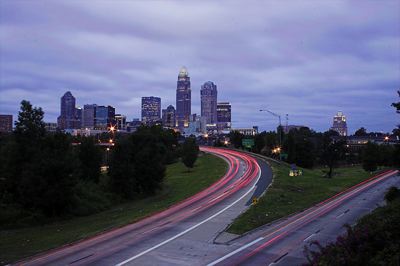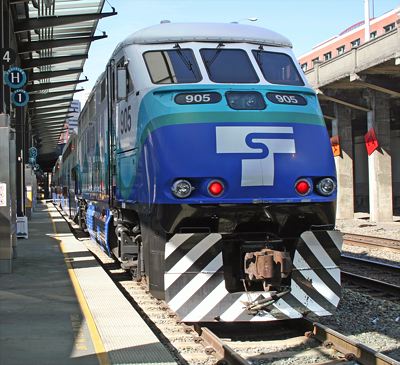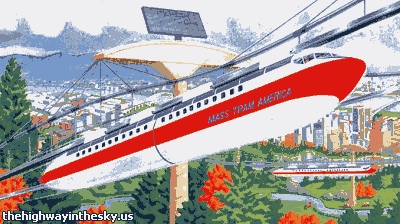Cost overruns on a light-rail system in Charlotte, NC, have proven so great that voters have collected enough signatures to put a measure on this November’s ballot to repeal the half-cent sales tax that supports rail. To support the program, the University of North Carolina – Charlotte (UNCC) published a supposedly independent study claiming to find that light-rail was a good investment.
The study only added to the project’s embarrassment, however. First, critics claimed that some of the data in the study were obtained from biased sources, and the authors of the study admitted that the data came from a pro-light-rail web site. Based on this, the UNCC study concluded that there were no cost overruns, which the authors later agreed was wrong.










